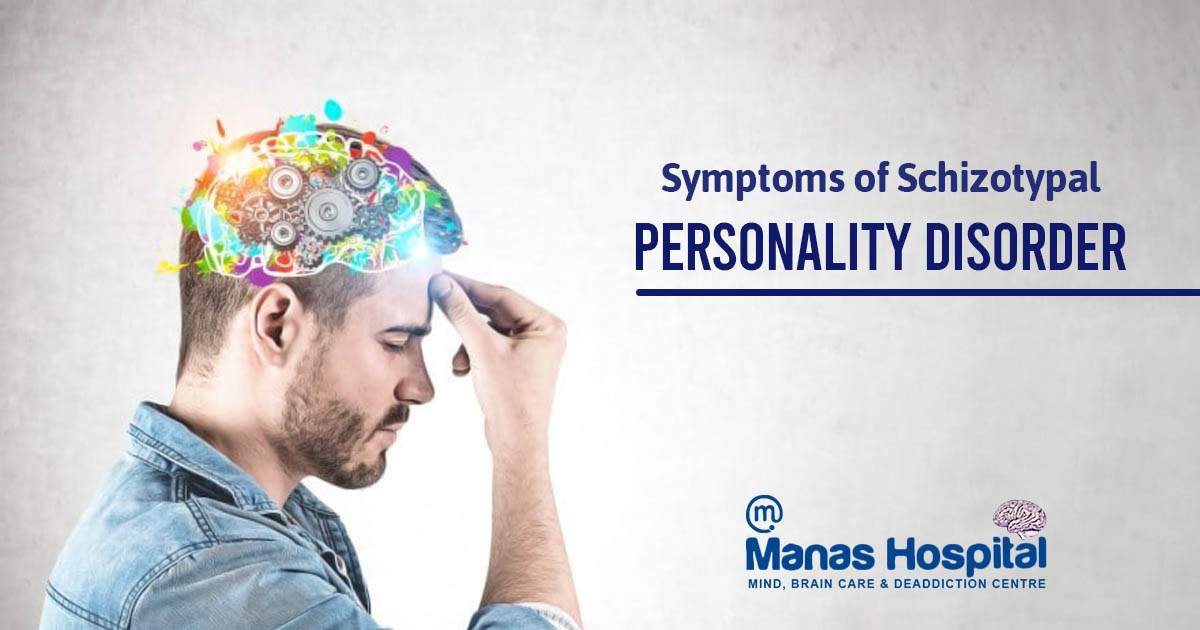
Symptoms of Schizotypal Personality Disorder
Schizotypal personality disorder is a pattern of interpersonal and social deficits. The person with this type of disorder has little capacity to have a close relationship. The person feels suspicious about others and wherever they go they cannot fit into the place. Read this guide to have a better understanding of its symptoms.
Symptoms of Schizotypal Personality Disorder
Individuals with Schizotypal Personality Disorder have extreme discomfort while interacting with others. Whereas in social anxiety disorder, with time the person can get comfortable but with the schizotypal disorder the person does not feel comfortable at all. They can even stay in the same environment over and over again but feel uncomfortable all the time.
The person will have distorted thinking and people can also pull them to isolation. If you know someone experiencing this type of issue then consulting the psychiatrist at the right time is very important. You can visit our psychology centre and the doctor will let you know what kind of treatment plan works best for you.
Behavior is not normal
- The person will appear constricted and they do not show their emotions. They have unusual ways of dressing or wear bizarre clothes. Like, they wear summer clothes and winter boots. The person can take part in the conversation in a normal manner.
- Occasionally, they can show they are sad but their behavior shows that they are not closely related to anyone. They often interact with people but when it is the actual time they prefer to stay silent.
- During a stressful time, they can have psychotic episodes that last for a few minutes to hours but they do not have delusions or hallucinations.
Superstitious beliefs
- Sometimes, individuals with this disorder are superstitious with paranormal phenomena that are outside. The person thinks they have a superpower or they can control anything magically. They might think that if their co-worker is leaving early due to illness they wished they had the same illness.
- They think that they can prevent negative outcomes like they can stop the bad things from happening in certain areas.
- They hear others listening even when the others are not talking. They feel like spirit is present and they can talk to them. Whatever, they will talk and will confuse the other person.
Diagnostic criteria for the DSM-5
For the Diagnostic and Statistical Manual, there is a need to follow particular criteria. This means the person needs to have at least 5 of the given symptoms:
- Incorrect thinking of causal incidents or events
- Unusual perceptual experiences like bodily illusions
- Odd thinking and speech
- Odd beliefs or super-powers thinking that influences behavior.
- Suspiciousness and paranoid ideation
- Lack of close friends or family members other than first-degree relatives
- Excessive social anxiety which stays for a long time.
- Inappropriate and constricted thinking.
- Behavior that is eccentric, odd, or peculiar






